

Living on an island resizes the connection between human beings and the sea. Adrift is a series of paintings made with sand and powdered pigments, masterfully executed. The works are inspired by Japanese Zen gardens and reflect on the current emigration from Cuba to the United States, one of the most explosive exoduses in the last six decades and the largest avalanche of irregular Cuban refugees in all of history.
In 2017, President Barack Obama decided to put an immediate end to the "wet foot, dry foot" policy by which, for more than 20 years, practically every Cuban who reached US territory could stay in the country, even if they had entered illegally. It was thought that the future was inside the Island; however, since October — the start of the federal government's fiscal year 2022 — almost 79,000 Cubans have arrived at the southern border of the United States, more than in the previous two years combined, according to figures from Customs and Border Protection. The exact numbers of the disappeared are difficult to trace, but they number in the thousands.
The exhibition becomes a metaphor for migration and addresses family separation because of politics and collective memory. Circles and polyhedrons that repeat themselves like resonances of drops of water simulating people floating on their own axis, like an object without a destination. It is in the colors of each work where we perceive the hope and aspirations of the migrant in having a better life. Utilizing raking tools, following the tradition of Japanese Karesansui (dry landscape) gardens, Liset uses drawings made with sand not only as a basis for the creation of the compositions, but also as a medium that speaks about the fragility of life, the dream, and the right to prosperity. Dry or wet feet that cross the garden or are drifting satellites in the sea.
– Maylin Pérez, curator
Adrift is the first exhibition by Liset Castillo (1974, Cuba) at TORCH Gallery.

Sand, pigmented sand, super heavy gel medium on Belgian linen
Liset Castillo
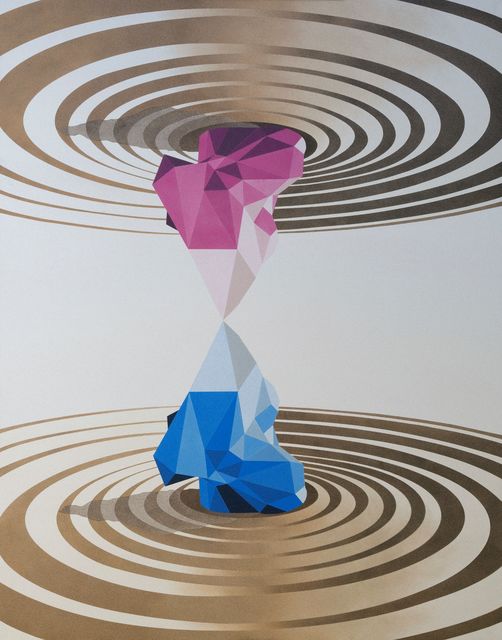
Sand, pigmented sand, super heavy gel medium on Belgian linen
Liset Castillo
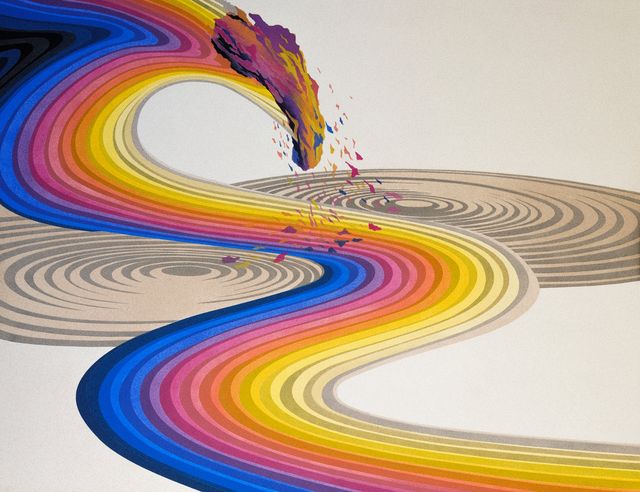
Sand, pigmented sand, super heavy gel medium on Belgian linen
Liset Castillo
Sand, pigmented sand, super heavy gel medium on Belgian linen
Liset Castillo
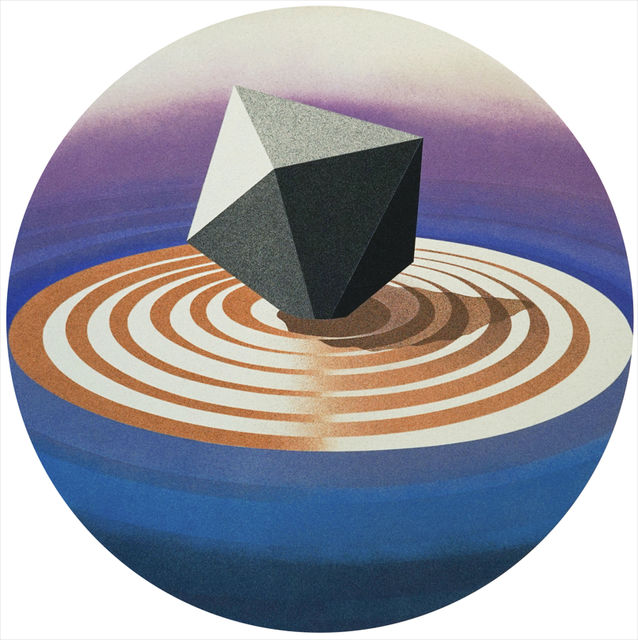
Sand, pigmented sand, super heavy gel medium on Belgian linen
Liset Castillo
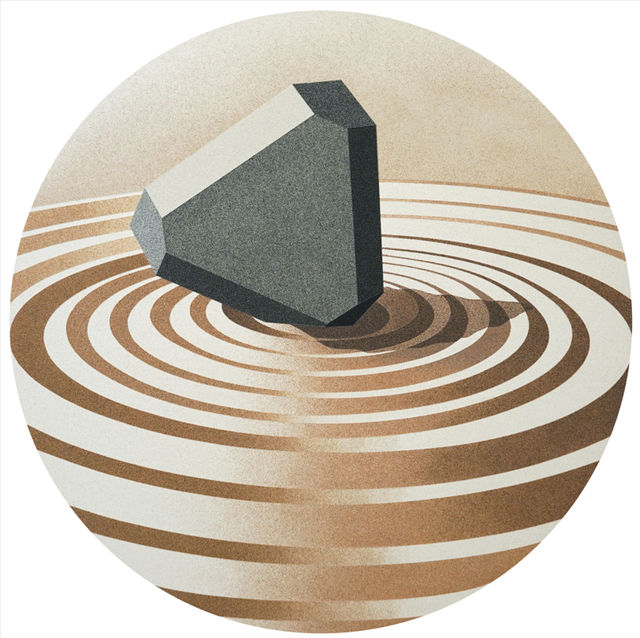
Sand, pigmented sand, super heavy gel medium on Belgian linen
Liset Castillo
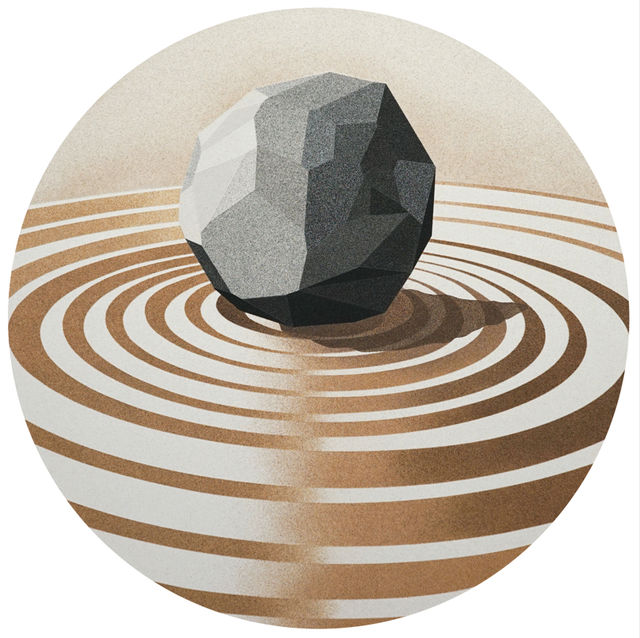
Sand, pigmented sand, super heavy gel medium on Belgian linen
Liset Castillo
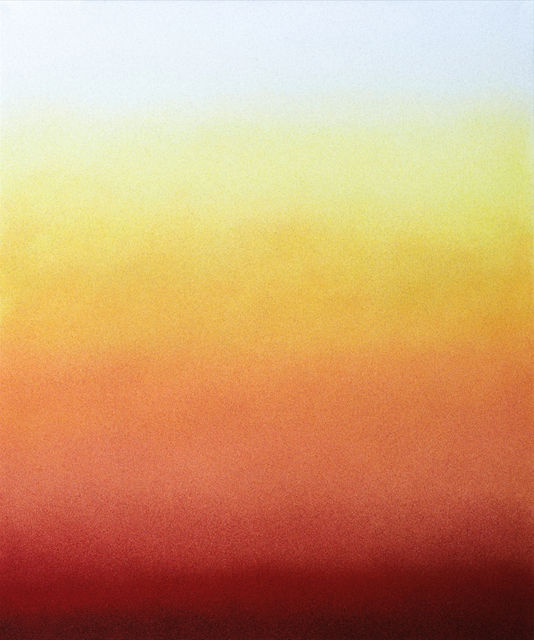
Sand, pigmented sand, super heavy gel medium on Belgian linen
Liset Castillo
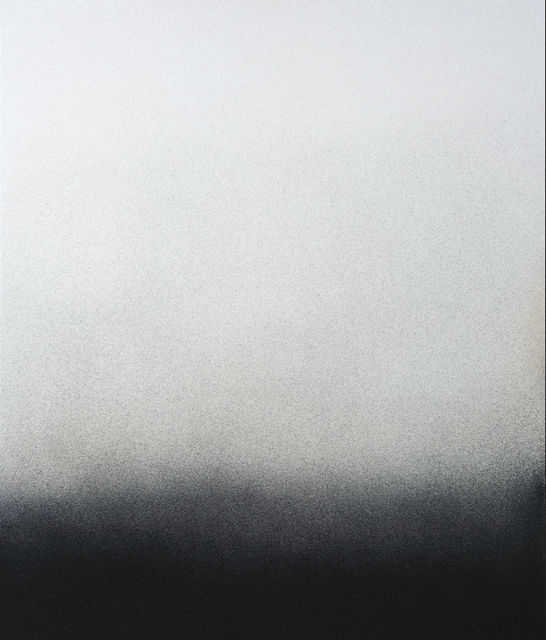
Sand, pigmented sand, super heavy gel medium on Belgian linen
Liset Castillo
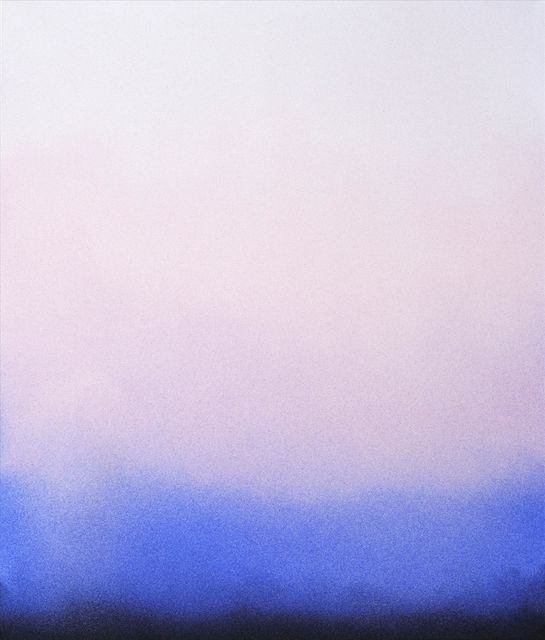
Sand, pigmented sand, super heavy gel medium on Belgian linen
Liset Castillo
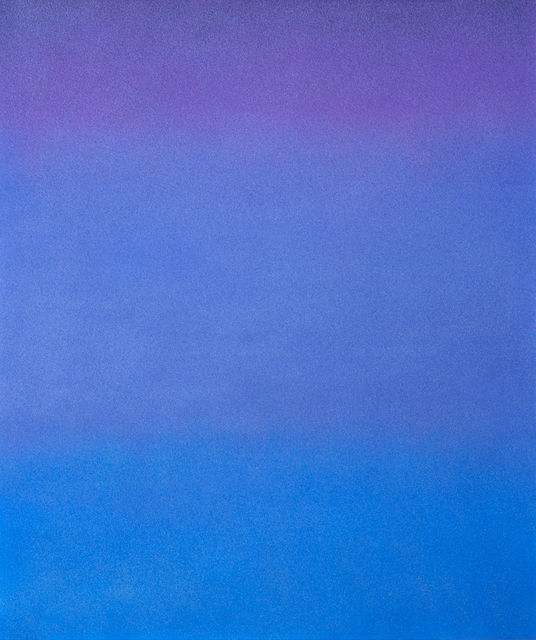
Sand, pigmented sand, super heavy gel medium on Belgian linen
Liset Castillo
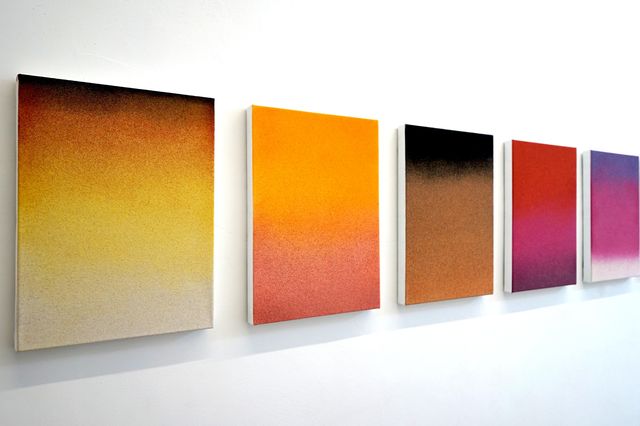
Sand, pigmented sand, super heavy gel medium on Belgian linen
Liset Castillo